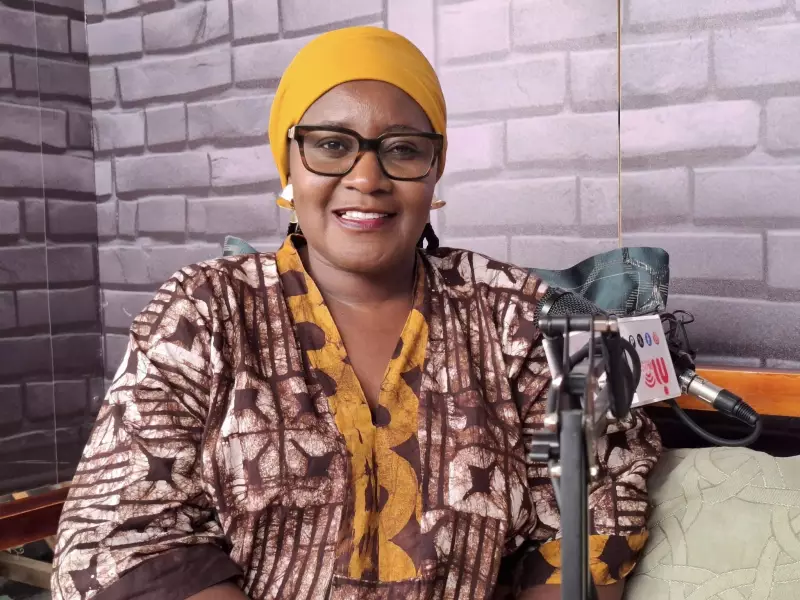
A Zambian female politician has set social media ablaze with her controversial take on polygamous relationships, specifically targeting women who choose to become second or third wives to already-married men.
In a viral statement that has divided opinions across Africa, the politician didn't mince words when she declared that women who enter such marital arrangements are fundamentally "bad-hearted" individuals who severely lack self-respect.
The Controversial Statement That Went Viral
The politician's bold assertion has been making rounds on various social media platforms, particularly on Facebook where it originally gained traction. Her message specifically addressed the growing trend of women willingly becoming additional wives in already-established marriages.
"A woman who marries a married man and becomes 2nd or 3rd wife is bad-hearted and lacks self-respect," she stated unequivocally, leaving no room for interpretation about where she stands on the matter.
Social Media Reactions and Divided Opinions
The statement has generated heated debates online, with Nigerians and other Africans taking strong positions on both sides of the argument.
Supporters of her view argue that:
- Women should value themselves enough to be someone's first choice
- Entering polygamous marriages often leads to emotional complications
- Modern women should aspire for monogamous, equal partnerships
Meanwhile, critics counter that:
- Cultural and religious traditions in many African societies accept polygamy
- Women should have the freedom to choose their preferred marital arrangements
- Judging other women's choices goes against female empowerment principles
The Broader Conversation About Modern Relationships in Africa
This controversy touches on deeper issues about evolving relationship dynamics across the continent. As African societies navigate between traditional practices and modern values, conversations like these highlight the tension between cultural heritage and contemporary relationship expectations.
The politician's statement has undoubtedly opened up necessary dialogue about women's self-worth, choice in relationships, and how traditional marital practices fit into today's society.
Whether one agrees with her position or not, the conversation she has sparked continues to resonate with many people across Nigeria and beyond, reflecting the ongoing evolution of marriage and relationship norms in modern Africa.





